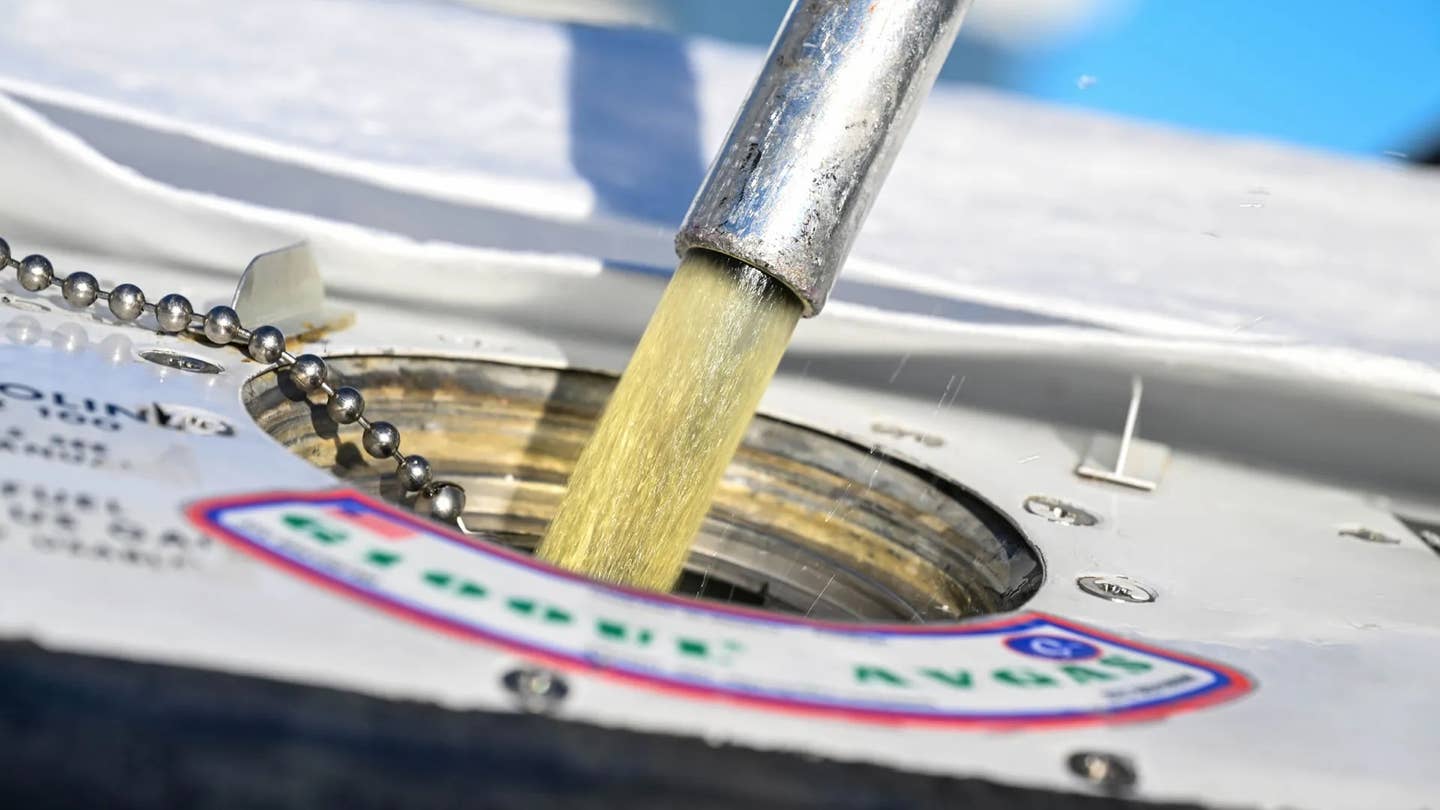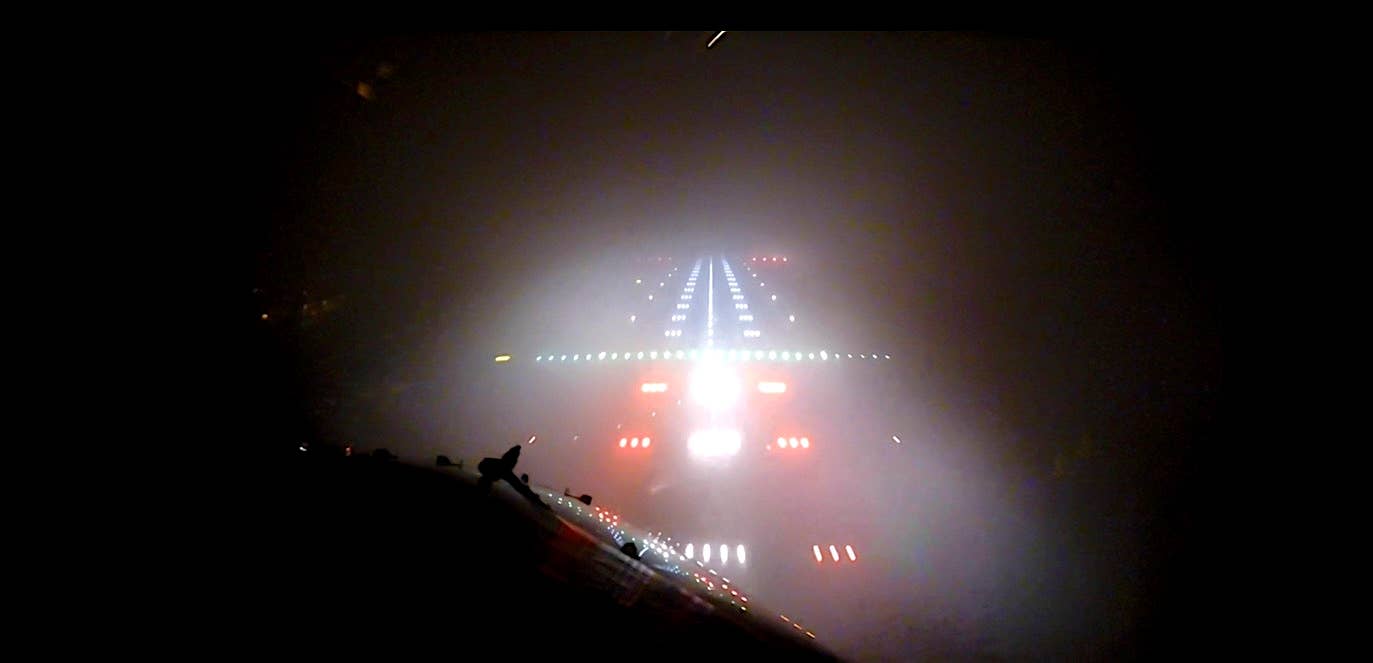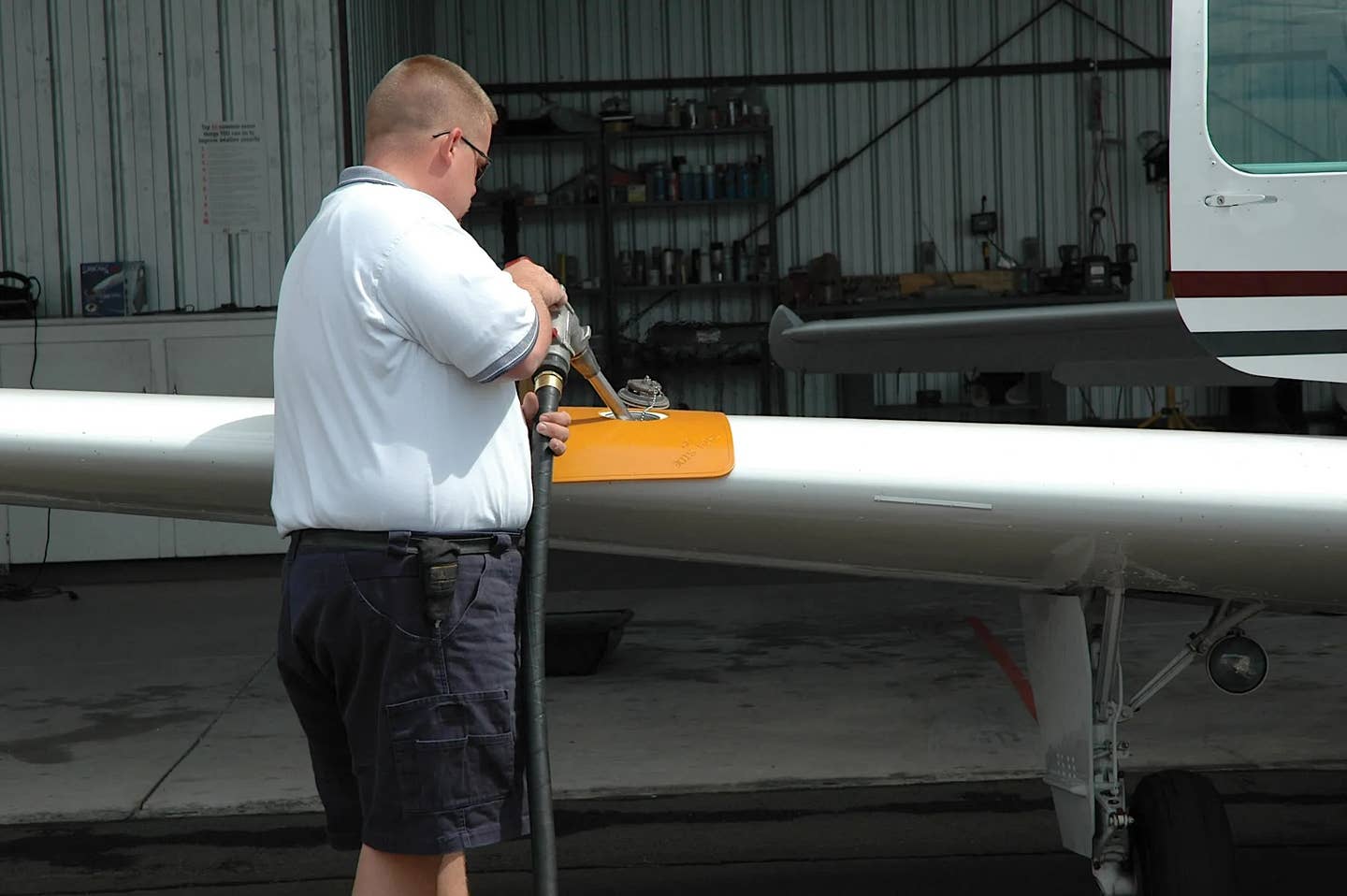The Savvy Aviator #35: Teardown Dilemma
Owners often agonize over whether to do an engine teardown inspection after a prop strike, but the decision is really a no-brainer if you think it through logically.
Prop strikes come in all kinds of flavors. Some involve obvious sudden stoppages of the engine (for example, a gear-up landing). In others, the engine keeps running, perhaps with some short-term loss of RPM as the prop tips curl back. Still others occur when the engine is not running (such as when a car backs into your prop while the aircraft is parked).Owners are often reluctant to remove their engine for a teardown inspection after a prop strike, especially if the engine was not running or was idling at the time. They don't want to incur the downtime. They worry about how the teardown inspection will look in their maintenance logs. They are reluctant even though insurance will invariably pay for such a teardown, no questions asked.Here's an email I received a few months ago from a Skylane owner who was obviously agonizing over the decision whether or not to do a teardown:
285
"My Cessna 182Q's prop sustained foreign-object damage that didn't cause engine stoppage, or even loss of RPM, though it took several sizable gouges of aluminum off both blades. Definitely one and maybe both blades will need to be replaced, though most of the damage is on the back and trailing edge. If the replacement cost creeps up toward a new prop cost, that's not a hard decision, but the engine is another story altogether."My IA says that since the engine didn't actually stop or lose RPM, and since the damage doesn't indicate any force applied against the prop rotation, he doesn't see the need to open the engine or the governor. I have read the non-mandatory TCM service bulletin that says any damage leading to prop removal dictates a teardown. The insurance company says it's up to me, but if I decide not to do a teardown inspection, any future claims traced back to damage from this incident would be disallowed. They are allowing for a teardown at my discretion."My dilemma is that I really don't want a teardown on the logs, and it seems a real waste to open up an engine (IO-470-F) with 1,250 SMOH on the way to 1,500 TBO without doing an overhaul. But the TCM cylinders are only about 350 hours since new from a recent top overhaul, and all mags and accessories have been replaced or overhauled in the last two years, so it seems like a complete waste to jump the gun on a major overhaul three to five years early, with a perfectly fine-running engine that may go past TBO due to the recent work."One compromise would be to get the overhaul done with my own cylinders reworked and the accessories IRAN'd, but I am told that this type of overhaul is not looked on favorably at resale time, regardless of the shop doing it."Then there's the safety issue. I guess it will be in the back of my mind (and I assume the mind of a potential buyer) that the prop was replaced or overhauled and the engine wasn't inspected, even with the IA's opinion."I am really at a loss! Any guidance or points to consider would be greatly appreciated."
What The Manufacturers Say
TCM Service Bulletin SB96-11A offers the following guidance:
"A propeller strike is: (1) Any incident, whether or not the engine is operating, that requires repair to the propeller other than minor dressing of the blades; or (2) Any incident while the engine is operating in which the propeller makes contact with any object that results in a loss of engine RPM. Propeller strikes against the ground or any object can cause engine and component damage even though the propeller may continue to rotate. This damage can result in catastrophic engine failure."Any time foreign object damage requires propeller removal for repairs other than minor dressing of the blades, the incident is considered a propeller strike."Following any propeller strike, complete disassembly and inspection of all rotating engine components is mandatory and must be accomplished prior to further operation." [Emphasis mine.]
It's clear that TCM considers a teardown inspection to be mandatory any time the prop sustains damage that requires its removal. However, even mandatory service bulletins aren't truly mandatory for Part 91 operators, so an owner can decline to do a teardown if his A&P agrees.Lycoming's guidance is often considerably fuzzier than TCM's, and prop strikes are no exception. Textron Lycoming Service Bulletin 533 instructs that the safest procedure is to do a teardown inspection following any incident involving propeller blade damage. However, it includes the stipulation that the inspecting mechanic may overrule this guidance and may approve the engine for return to service without disassembly and inspection if he feels that it is prudent to do so.Big help, huh?
Why Not Do It?
350
Legalities aside, the engine experts I've talked to all feel that doing a teardown after any flavor of prop strike is absolutely essential for safety. And the insurance underwriters I've consulted all say that your insurance will pay for the teardown without hesitation. To my way of thinking, this makes the decision a no-brainer: Just do it!Here's how I replied to the agonizing Skylane owner to help him sort through his decision-making process:
"You should completely discount your feelings about 'I really don't want a teardown inspection on the logs.' A teardown inspection doesn't decrease the perceived value of the engine, and even if it did, your engine has essentially zero residual value at 1,250 SMOH anyway."On one hand, you are considering engine life-extension past TBO (something I highly recommend). On the other hand, you are worrying about what effect a teardown and bottom-end IRAN might to do the resale value of the aircraft. Clearly, you haven't decided whether you plan to keep the aircraft or sell it. So let's think through both possibilities."If your objective is to keep the aircraft for the next several years, then you should set aside all thoughts of resale value and do what's most economically efficient to ensure safe operation. If the insurance company is willing to pay for an engine removal, teardown inspection and reinstallation, it strikes me as foolish not to take them up on that offer. While the engine is opened up, you can replace the main bearings and check out the cam and other bottom-end components, so that when the engine is back together and on the airplane, you can confidently fly it to 2,000 SMOH or more without worrying about the condition of the bottom end. (If you don't do the teardown, you'll worry ... trust me on this.)"If you plan to sell the aircraft soon, I still cannot see any good reason not to take the insurance company up on its offer of a teardown inspection. Although your IA is probably correct that there is no engine damage, the fact that the prop had major repairs but no teardown was done could easily raise questions in the mind of a prospective buyer. TCM SB96-11A is explicitly clear that they consider a teardown mandatory if the prop sustains damage."TCM says the teardown is mandatory. Your insurance company says they'll pay for it. Why not do it?"
A Happy Outcome
A couple of months later, the Skylane owner emailed me again:
"I thought I'd drop you a note for a final 'thank you.' My plane flew again (finally!) this weekend after we finally got a new prop, finished the engine teardown inspection and aircraft annual inspection."Your advice on what to consider was spot-on. I worked directly with the engine shop (Poplar Grove Airmotive) to get the details on what the teardown revealed and they were very cooperative, especially when I started asking the right questions. On condition, I ended up replacing lifters, cam and bearings and reusing all existing cylinders that passed muster, then went with new engine mounts on the reinstall. They overhauled the mags as part of the teardown inspection (so insurance paid for that)."All considered, given service times of cylinders and components, I feel I purchased half or two-thirds of a TBO for about $3,500 out-of-pocket, which is really a heck of a deal."Your advice really helped me to clarify my situation, organize my thoughts, and undoubtedly saved me a lot of money and regret. Thanks again!"
I just love it when a plan comes together!See you next month.
Want to read more from Mike Busch? Check out the rest of his Savvy Aviator columns.





